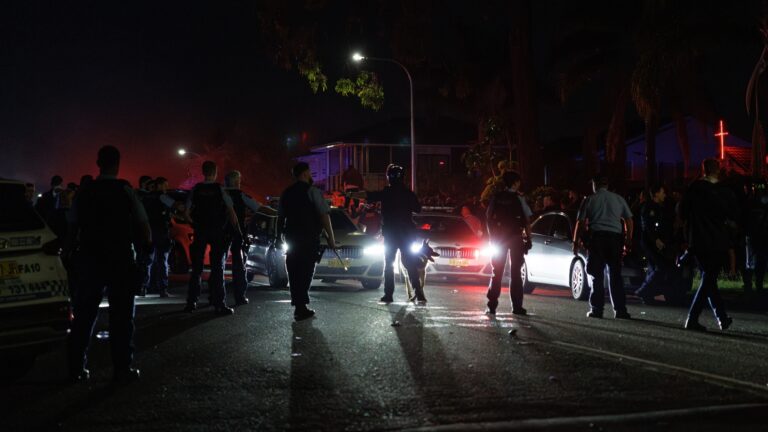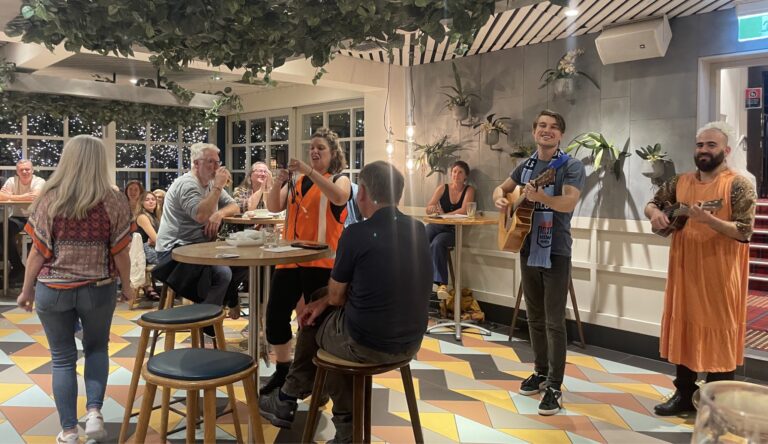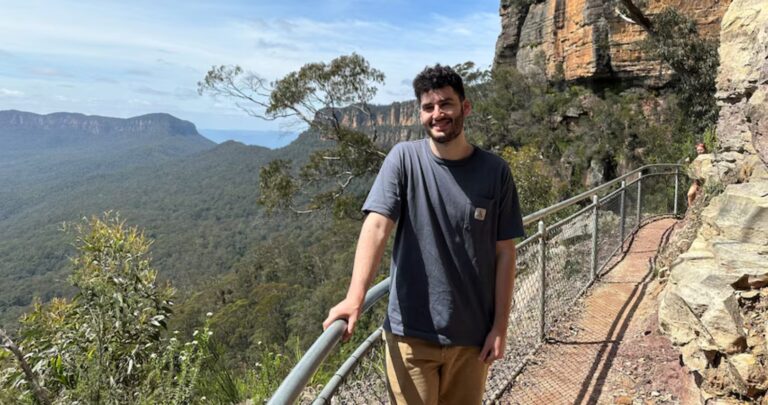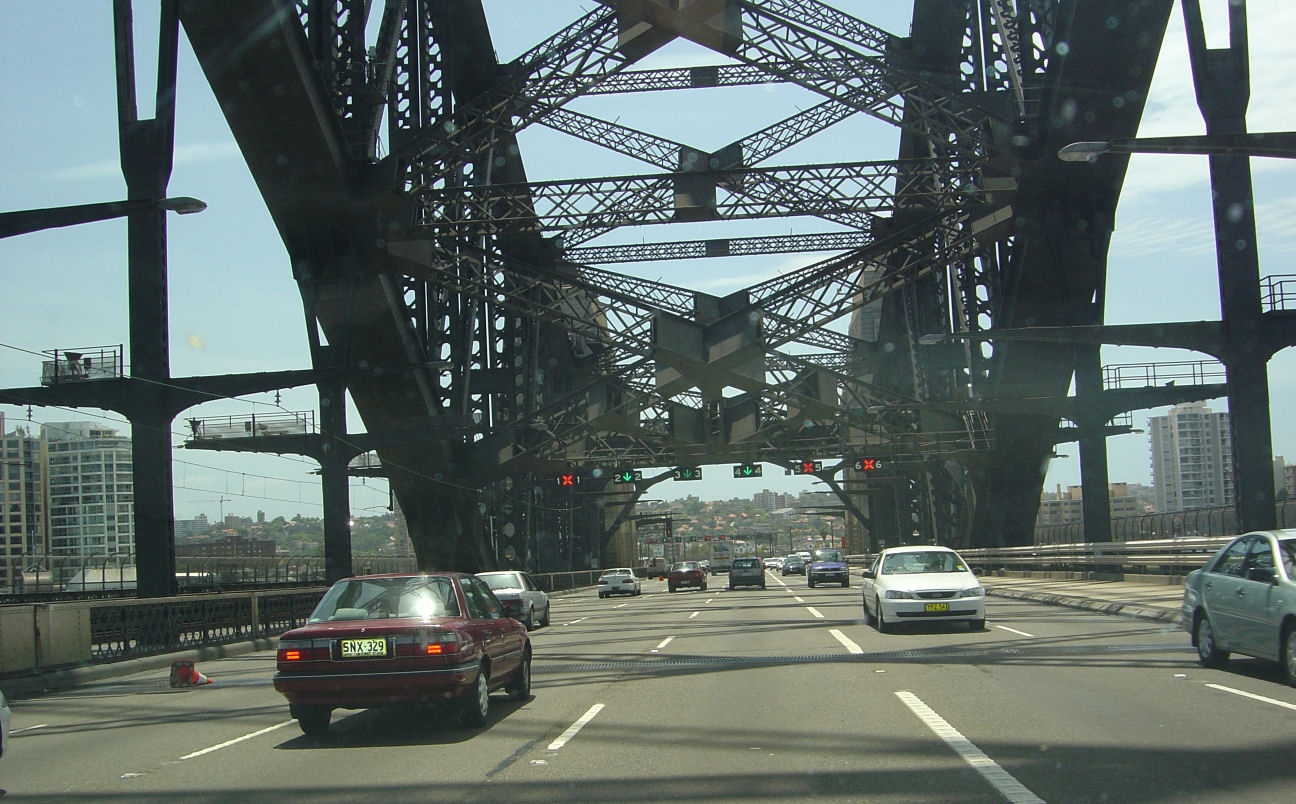
Short term rentals over-stay welcome

By Laura Neill
“I thought of a way to make a few bucks…” started the email from San Francisco college student and Airbnb co-founder Joe Gebbia to his roommate Brian Chesky.
The idea was simple: throw a few mattresses on the floor of their flat during the Design Conference, and charge $80 per head.
Just over ten years later, their home-sharing concept Airbnb is worth around $30 billion dollars.
Sydney is now one of the top ten Airbnb cities globally, with over 2200 properties currently listed.
Airbnb Australia Manager Sam McDonagh named Sydney as ‘the most penetrated market in the world’ and last year’s Airbnb citizen report boasted of pouring 1.6 billion into Australia’s GDP, and creating 14,000 jobs as a result of tourism influx.
But as more and more property owners turn to short-term letting as a lucrative alternative to long-term rentals, short-term letting in Sydney has become a threat to local communities, driving up real estate prices and removing rental properties from an already competitive market.
While Airbnb claims it only holds 2% of the Sydney rental market, a recent study by the Australian Housing and Urban Research Institute shows that 11-15% of the rental housing stock in Sydney is held in short term rentals, with Darlinghurst, the eastern suburbs beaches, Manly and the CBD the most affected areas.
In 2017, figures by the University of New South Wales showed that 60% of all short-term rentals in Sydney are entire homes.
During a visit to Sydney last year, Airbnb co-founder Joe Gebbia denied this, claiming it’s a ‘misconception’ that Airbnb involves short-term letting companies renting entire properties. “When we go city by city, country by country, our hosts are every day, average people,” he said.
But Airbnb and other short-term rental agencies like Stayz and Hometogo are turning apartment blocks into quasi-hotels.
Trish Burt, inner west resident and spokesperson for Neighbours not Strangers, engaged in a battle with her local council over the number of short-term rentals in her apartment block.
“There’s no relief from it,” Ms Burt said, “there are hens’ nights, bucks’ weekends, post-cruise groups, girly weekends…people trying to get into our apartment because they couldn’t find their own. It’s just a constant stream of people. In a way, they have a right to behave as if they are on a holiday, but they are coming into a residential building.”
Ms Burt has fought the City Council for three-and-a-half years, trying to persuade it to uphold the residential-only zoning of her building. She obtained court orders from the NSW Land and Environment Court, which stopped short-term letting momentarily, but it later returned.
“People purchase a home for themselves or their families which excludes commercial activity,” said Ms Burt. “It’s unfair these days that the likes of Airbnb say ‘you cannot rob us of our rights to share our homes’.”
“They’re not sharing their homes, they’re rejecting a co-tenant because their co-tenant contributions are insufficient.”
Two of Ms Burt’s former neighbours chose to leave their inner-city apartment because of the chaos of short-term lets in their building.
“There were whole packs of people in the foyer with backpacks, the lifts were crowded…people there all hours of the day or night. You just never knew who was coming or going,” they said.
“It totally destroys any sense of community,” said the couple, who are unsure if they will return to their apartment.
As of last year, the law prevents owner’s corporations from restricting short-term or holiday letting. Residents of apartment buildings who oppose short term rentals must rely on local council zoning laws.
But according to Jimmy Thompson, founder of Australian rental website flat-chat.com.au, the policing of offenders is limited by Council resources.
“[The Council] will say, ‘we are pursuing illegal short-term lets on a regular basis’ but what that means is one a month. There are hundreds and hundreds.”
In other major cities, laws are in place to curb the invasion of short-term lets. Paris, London and New York have caps on the number of days a property can be used as a holiday rental per year, ranging from 30-90 days, while property owners in San Francisco must register to let a short term rental. The NSW Government is considering an 180 day cap on the nights an empty property can be used as a short term rental, with proposed legislation still in the consulation process.
“It won’t happen until after the election,” said Mr Thompson. “Nobody wants to go to an election on a basis of anything that might upset Airbnb. Globally, they have a track record of attacking politicians. We’re talking about a company that is supposedly worth $30 billion.”
If the laws around short term rentals change, there might be a reprieve for greater Sydney.
But if they don’t, short-term letting may kill Sydney’s vibe, with locals priced out of inner-city living.
“It’s going to be tumbleweeds blowing down the street,” said Mr Thompson. “Airbnb says ‘live like a local’, well they’re going to have to provide buses to take you to where the locals now live. That’s a bleak outlook, isn’t it?”









